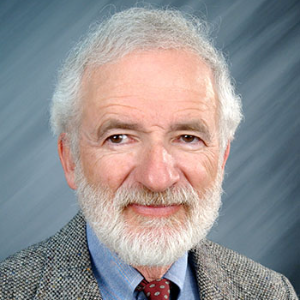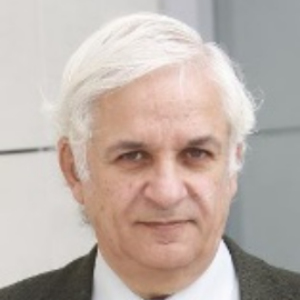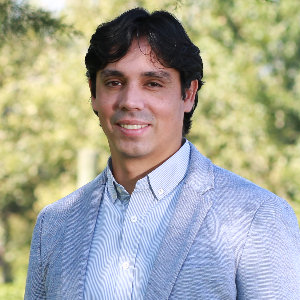Biocatalysis and Biotransformation
Biocatalysis is the utilisation of isolated enzymes or enzymes that are still present inside living cells to carry out chemical transformations of organic molecules. It is the metabolic change of compounds in order to produce new chemicals for industrial use. Enzymes play a critical role in hundreds of events, including the generation of alcohols from fermentation and the manufacture of cheese from the breakdown of milk proteins. Recent breakthroughs in scientific research have aided in the understanding of enzyme structure and functional activities, resulting in increased stability, activity, sustainability, and substrate specificity. Currently, there are hundreds of different biocatalytic processes in use in the pharmaceutical, chemical, food, and agricultural industries. In many aspects, biocatalytic processes are similar to conventional processes, and the most important considerations are reaction kinetics and stability for both single and multistep processes.
Biotransformation is the process of converting hydrophobic molecules into hydrophilic molecules in order to enable removal from the body. Typically, this technique produces compounds with minimal or no toxicological consequences. Through a process known as bioactivation, biotransformations can sometimes produce harmful metabolites. Biotransformations including enzymes and entire microbial cells have been used to make meals and beverages for generations. However, it was only in the last century that approaches for understanding and improving biocatalyst stability and productivity were discovered.

Arthur J Nozik
University of Colorado, United States
Stanislaw Dzwigaj
Sorbonne-Universite-CNRS, France
Haibo Ge
Texas Tech University, United States
Ashanendu Mandal
University Of Calcutta, India
Victor Cerda
Sciware Systems, Spain
Tokeer Ahmad
Jamia Millia Islamia, India


Title : Application of metal Single-Site zeolite catalysts in catalysis
Stanislaw Dzwigaj, Sorbonne-Universite-CNRS, France
Title : Designing of nano-sized heterostructures for hydrogen production using overall water splitting
Tokeer Ahmad, Jamia Millia Islamia, India
Title : United Nations’ strategy responding to climate change
Dai Yeun Jeong, Asia Climate Change Education Center, Korea, Republic of
Title : Thermal and mechanical processes and reactions in reversible behavior of shape
Osman Adiguzel, Firat University, Turkey
Title : An innovative magnetic resonance spectroscopic method for catalysts’ activities
Mohamed A Morsy, King Fahd University of Petroleum & Minerals, Saudi Arabia
Title : Engineering stable, expressible, functional industrial enzymes with protein sequence likelihood models
Shawn Reeves, University Of Waterloo, Canada